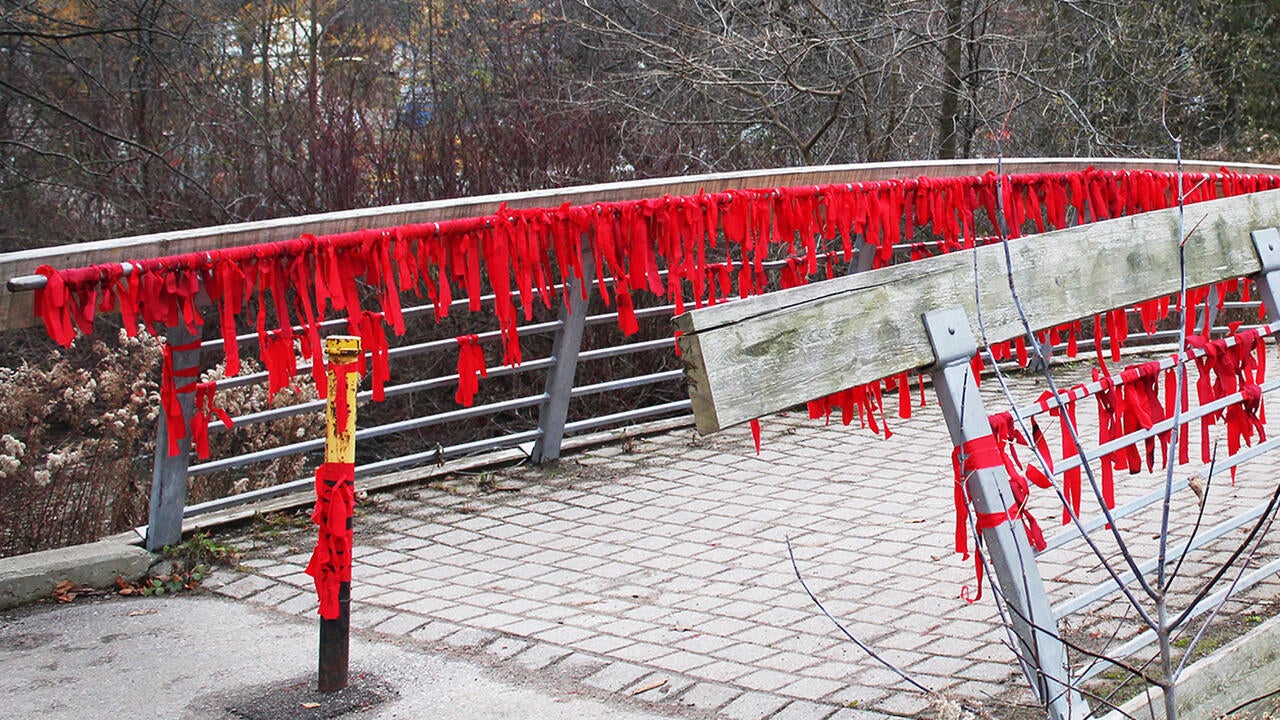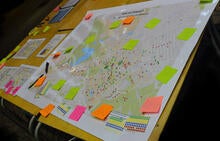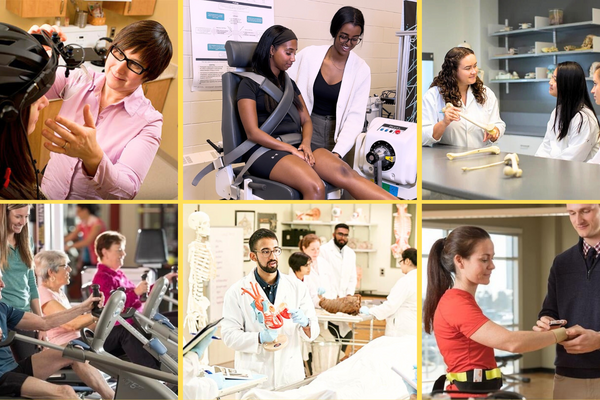
#16daysUW: Putting gender-based violence in the spotlight
As 16 Days of Activism Against Gender-based Violence comes to a close, Waterloo’s sexual violence response coordinator keeps the conversation going

As 16 Days of Activism Against Gender-based Violence comes to a close, Waterloo’s sexual violence response coordinator keeps the conversation going
By Taylor Legere University RelationsThe 2017 campaign for 16 Days of Activism Against Gender-based Violence has ended, but the University of Waterloo’s new sexual violence response coordinator is hoping the conversation continues.
“It’s important to have the 16 days initiative to bring attention to the ongoing issue of gender-based violence and to engage the campus community in a dialogue around this issue in a variety of different ways,” said Amanda Cook, Waterloo’s first sexual violence response coordinator.
Cook is the newest addition to the team of faculty, staff and students that organizes the campaign that began on November 25, the International Day for the Elimination of Violence against Women, and ended on December 10, International Human Rights Day.
This year’s initiatives included a “Safe on Campus?” map project, healthy masculinity workshops, and an installation to honour the lives of missing and murdered Indigenous women.
Cook provides support and resources to students and faculty who have experienced sexual violence. Her role was created in response to Policy 42 Prevention and Response to Sexual Violence, which was implemented in January 2017 to further the University’s commitments to raise awareness, prevent sexual violence, and support those reporting sexual violence.

"Safe on Campus?" Map Project
“Gender-based violence doesn't just happen 16 days a year. I think people need to be aware of how widespread it is,” said Dea. “Just because we talk about it 16 days out of the year doesn't mean it’s not happening 365.”
Dea became passionate about advocating against gender-based violence when she worked with the University’s Status of Women & Equity Committee to change the language used online and to advise students on sexual assault.
“The language used to be, to avoid sexual assault - don’t walk alone, avoid dark places,” said Dea. “And all of that inadvertently put the blame on the victims. It didn't provide very useful information on what to do if you were sexually assaulted.”
Dea also encouraged individuals looking to take a stand against gender-based violence to ensure everyone affected can be involved in advocating for change.
“It’s really important to make sure we remember Indigenous people and Trans people and all of the other historically oppressed groups who are disproportionately victims of gender-based violence. That means they have to be at the table as well.”
Cook advises those who are interested to join initiatives like the 16 Days Committee and the Consent Committee on campus, as well as engage in dialogue with family and friends about the issue.
To find out more about the 16 Days of Activism Against Gender-based Violence visit the 16 Days website. Sexual violence support and resources are available on the Equity Office Website.

Read more
From optometry and pharmacy to public health and therapeutics, Waterloo alumni are powering Canada’s health care sector

Read more
Here are the people and events behind some of this year’s most compelling Waterloo stories

Read more
A closer look at the University of Waterloo’s beloved network of pedestrian tunnels and bridges
The University of Waterloo acknowledges that much of our work takes place on the traditional territory of the Neutral, Anishinaabeg, and Haudenosaunee peoples. Our main campus is situated on the Haldimand Tract, the land granted to the Six Nations that includes six miles on each side of the Grand River. Our active work toward reconciliation takes place across our campuses through research, learning, teaching, and community building, and is co-ordinated within the Office of Indigenous Relations.